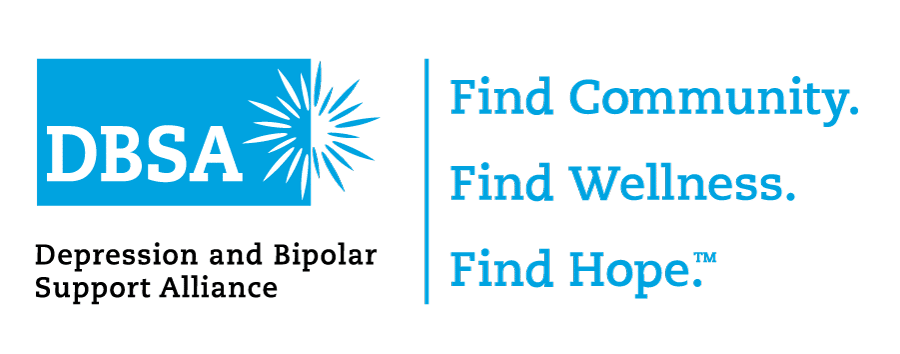If you’ve decided it’s time to give therapy a try, finding a therapist that’s right for you is paramount to managing your mental health. Your therapist will undoubtedly have an impact on reaching your wellness goals, so it’s important to choose carefully and find a therapist who is a good fit. Here are some tactics to try when looking for a therapist.
Identify your wellness goals
When you start identifying your wellness goals, focus on pain points that need to be relieved. Then figure out what type of therapist you’d feel comfortable talking to about these pain points.
Ask yourself what you’re hoping to get out of therapy. Do you just need someone to listen, or are you hoping to gain coping skills? Are you looking for a specific type of therapy, like cognitive behavioral, or family-focused? Learn more about the different styles of therapy.
It can be helpful to outline your wellness goals and what you think it will take to reach them so you can discuss this with your therapist.
To get a holistic picture of where you’re at in terms of mental health wellness, try DBSA’s Wellness Wheel or Wellness Tracker.
Consider who you would work best with
You’ll be talking about some heavy topics with your therapist, so it’s important that you feel comfortable with them.
Some factors to consider when looking for a therapist include:
Gender: Would you feel most comfortable with a man, woman, or nonbinary person?
Age: Would you do best with someone older, younger, or around your age?
Religion: Does it matter to you if the therapist has a particular religious belief system? Would you prefer someone who shares beliefs in line with your own?
Culture: Especially for historically marginalized groups, it can be comforting to speak with a therapist who shares a similar cultural background.
If you have specific concerns, come up with interview questions for your potential therapist. Some therapists conduct a consultation phone call before your first appointment where you can ask questions such as:
- How much experience do you have working with people who live with [issue you’re seeking treatment for]?
- What kinds of treatments have you found effective in resolving [issue you’re seeking treatment for]?
- What treatments do you offer?
- Can you tell me about your fees? Do you use a sliding scale (i.e., lower fees for people with lower income)?
A consultation call will give you an opportunity to assess their warmth, attitude, and empathy.
Starting your search
If you have insurance, use your provider directory to identify providers in your plan’s network. You’ll also need to find out if your plan limits the number of sessions you can attend each year and if using an out-of-network therapist will affect your out-of-pocket costs. You can also consult a reliable online database to find a licensed therapist.
Some of the most commonly used online databases include:
- American Psychological Association
- LGBTQ+ Healthcare Directory
- National Eating Disorders Association
- Anxiety and Depression Association of America
- National Center for PTSD
- Therapy for Black Girls
- Black Mental Health Alliance
- The National Asian American Pacific Islander Mental Health Association, a nonprofit dedicated to the mental health and well-being of the Asian American and Pacific Islander communities.
- WeRNative, which provides Native American youth with tools for holistic health and growth, including mental health resources.
- Latinx Therapy
Your local community might also have resources you can tap into. If you’re a student attending college, your school might provide access to a counseling center. If you’re employed, your employee assistance program might offer a list of therapists. If you need counseling related to domestic or sexual abuse, you might be able to find group or individual therapy through a local advocacy organization. Churches, synagogues, mosques, and other places of worship might also keep a list of licensed therapists affiliated with your faith. If you’re already a part of a DBSA support group, your peers might have suggestions of therapists or therapy styles they have found most effective.
Trust your gut
Finding the right therapist is a personal decision. Human connection is at the heart of effective therapy, and if you’re not feeling a connection, it’s alright to keep looking. When you find a therapist that’s a good fit for you, you’re more likely to get the most out of the experience and work toward reaching your wellness goals.



